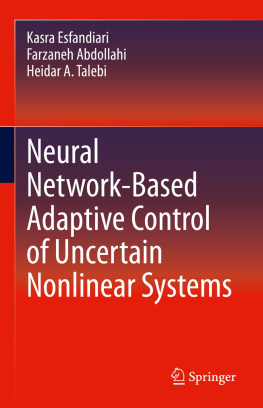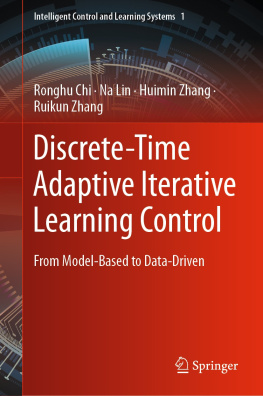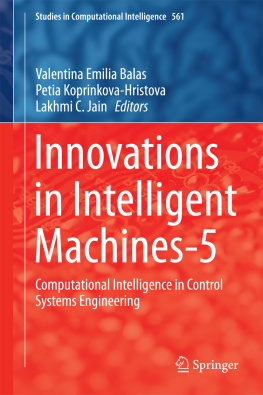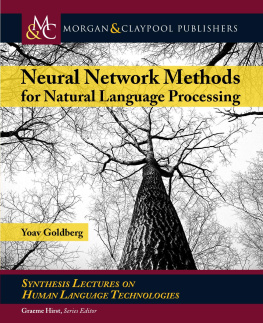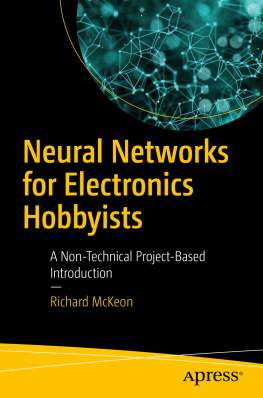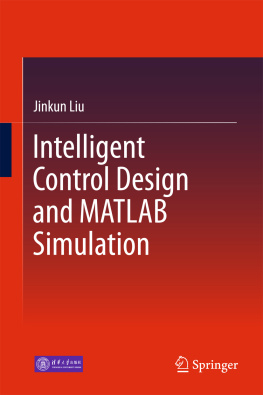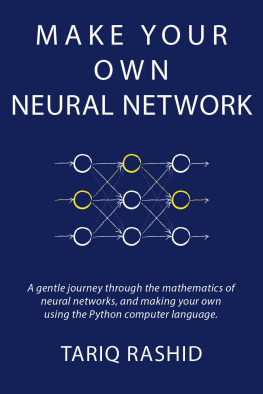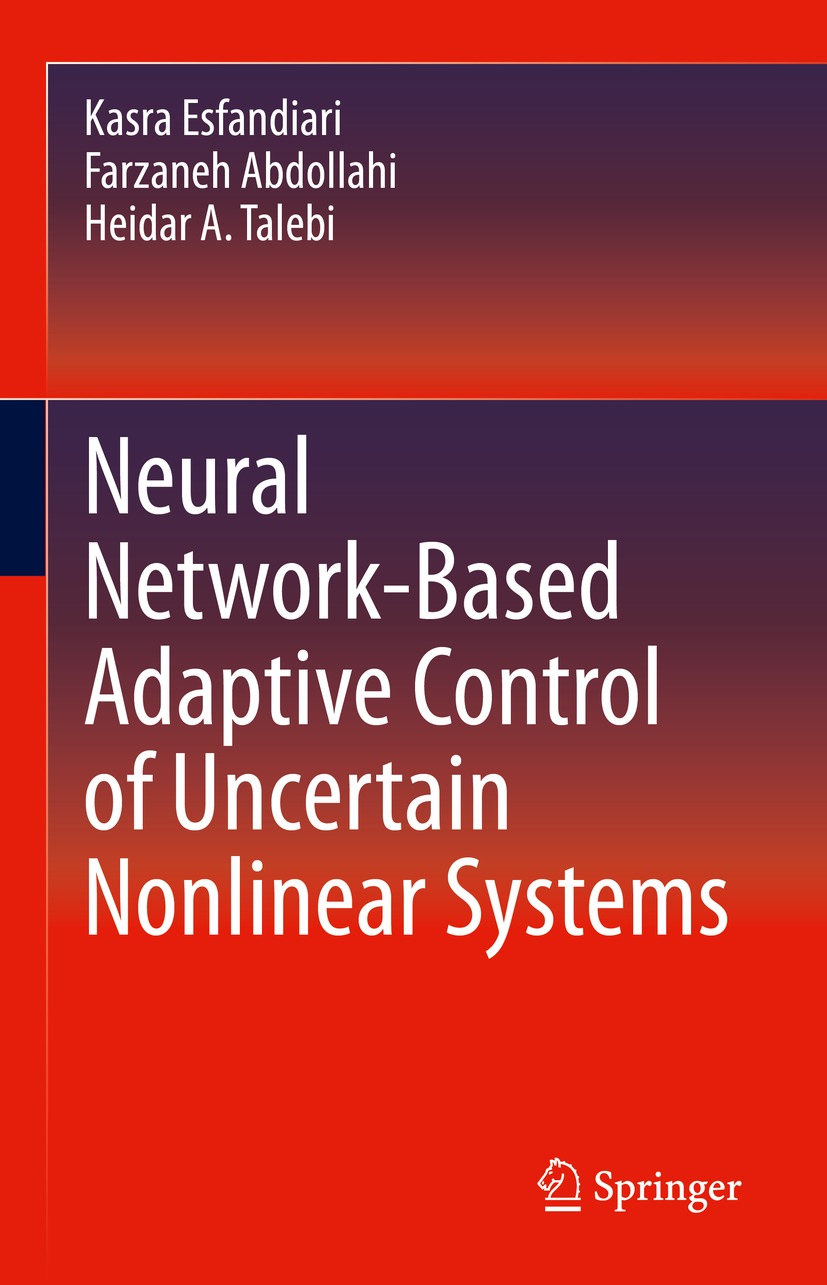Kasra Esfandiari , Farzaneh Abdollahi and Heidar A. Talebi
Neural Network-Based Adaptive Control of Uncertain Nonlinear Systems
1st ed. 2022

Logo of the publisher
Kasra Esfandiari
Center for Systems Science, Yale University, New Haven, CT, USA
Farzaneh Abdollahi
Department of Electrical Engineering, Amirkabir University, Tehran, Iran
Heidar A. Talebi
Department of Electrical Engineering, Amirkabir University, Tehran, Iran
ISBN 978-3-030-73135-9 e-ISBN 978-3-030-73136-6
https://doi.org/10.1007/978-3-030-73136-6
Springer Nature Switzerland AG 2022
This work is subject to copyright. All rights are reserved by the Publisher, whether the whole or part of the material is concerned, specifically the rights of translation, reprinting, reuse of illustrations, recitation, broadcasting, reproduction on microfilms or in any other physical way, and transmission or information storage and retrieval, electronic adaptation, computer software, or by similar or dissimilar methodology now known or hereafter developed.
The use of general descriptive names, registered names, trademarks, service marks, etc. in this publication does not imply, even in the absence of a specific statement, that such names are exempt from the relevant protective laws and regulations and therefore free for general use.
The publisher, the authors and the editors are safe to assume that the advice and information in this book are believed to be true and accurate at the date of publication. Neither the publisher nor the authors or the editors give a warranty, expressed or implied, with respect to the material contained herein or for any errors or omissions that may have been made. The publisher remains neutral with regard to jurisdictional claims in published maps and institutional affiliations.
This Springer imprint is published by the registered company Springer Nature Switzerland AG
The registered company address is: Gewerbestrasse 11, 6330 Cham, Switzerland
To
My Parents (K. E.)
My Parents (F. A.)
My Family (H. A. T.)
Preface
The objective of this text is to present model-free control strategies for systems having high degrees of uncertainties. The adaptive control of uncertain dynamic systems has attracted a great deal of attention in the past decades, and numerous contributions have been made to the field of adaptive control. If the system dynamics satisfies some assumptions like being linearly time invariant or having linear in parameter uncertainties, classic adaptive control strategies have been shown to provide satisfactory performance. Interested readers are referred to Adaptive Control by strm and Stable Adaptive Systems by Narendra. However, deriving a mathematical model satisfying the assumptions required by these classic techniques is not always possible in practice.
In recent years, universal approximation capabilities of neural networks have provided great momentum for control theorists to relax the need for availability of an exact mathematical model of plants. Currently, not only is the underlying theory for designing neural network-based control strategies well established but also experiments performed on real-life systems have demonstrated that neural network-based structures can provide satisfactory results in practice. Although many neural network-based control schemes have been proposed (for both offline and online environments), most of them suffer from (a) lacking stability analysis, (b) being applicable to a special class of dynamic systems, (c) using linear in parameter neural networks, (d) employing complex updating rules, (e) assuming the availability of all system states, and (f) requiring lots of a priori information about system dynamics. Furthermore, most of the existing control strategies have not considered the fact that actuators cannot generate any demanded control effort. However, the existence of such limitations is ubiquitous in practical systems due to actuators physical constraints or safety measures. Ignoring such limitations during controller design procedures may push the system into instability or at least degrade the performance of the closed-loop system. Hence, it is necessary to consider such constraints when designing the controller.
In this monograph, we present some neural network-based control strategies for uncertain nonlinear systems using full state feedback and output feedback. In this regard, we first design a stable state feedback neural network-based controller for affine nonlinear systems. The proposed control architecture approximates a feedback linearizing controller, and weights of both layers of the employed neural network are updated online using a modified version of the back propagation algorithm. Then, the suggested control architecture is utilized to design both the state feedback and the output feedback controllers for affine nonlinear systems subject to input saturation constraints. Subsequently, controller design for a wider class of nonlinear systems (i.e., nonaffine nonlinear systems) is addressed. Toward this end, a neural network-based controller is first designed for nonaffine nonlinear systems having the canonical form. Then, by defining an auxiliary system and modifying the suggested control strategy, the problem of adaptively controlling a class of nonaffine nonlinear systems with input saturation constraint is tackled. Moreover, the output feedback control problem is investigated. Some other control methodologies are also designed for more complex nonlinear systems. In each of the developed neural network-based control schemes, weights of both layers of neural networks are updated, and their updating rules originate from the well-known back propagation algorithm. Furthermore, the mathematical proofs of stability are provided using Lyapunovs direct method.
K. Esfandiari
F. Abdollahi
H. A. Talebi
New Haven, CT, USA Tehran, Iran Tehran, Iran
December 2017
Acronyms
BP
Back Propagation
LPNN
Linear in Parameters Neural Network
MIMO
Multi Input Multi Output
NN
Neural Network
NLPNN
Nonlinear in Parameters Neural Network
RBF
Radial Basis Function
SISO
Single Input Single Output
WAM
Whole Arm Manipulator
Contents
List of Figures
List of Tables
Springer Nature Switzerland AG 2022
K. Esfandiari et al. Neural Network-Based Adaptive Control of Uncertain Nonlinear Systems https://doi.org/10.1007/978-3-030-73136-6_1
1. Introduction
Kasra Esfandiari
(1)
Center for Systems Science, Yale University, New Haven, CT, USA
(2)
Department of Electrical Engineering, Amirkabir University, Tehran, Iran
Keywords
Control theory Adaptive systems Nonlinear systems Neural networks Uncertain systems System identification Observers Output feedback control Lyapunovs theory Stability analysis Input constraint Zero dynamics
1.1 Nonlinear Adaptive Control: Motivation and Overview

